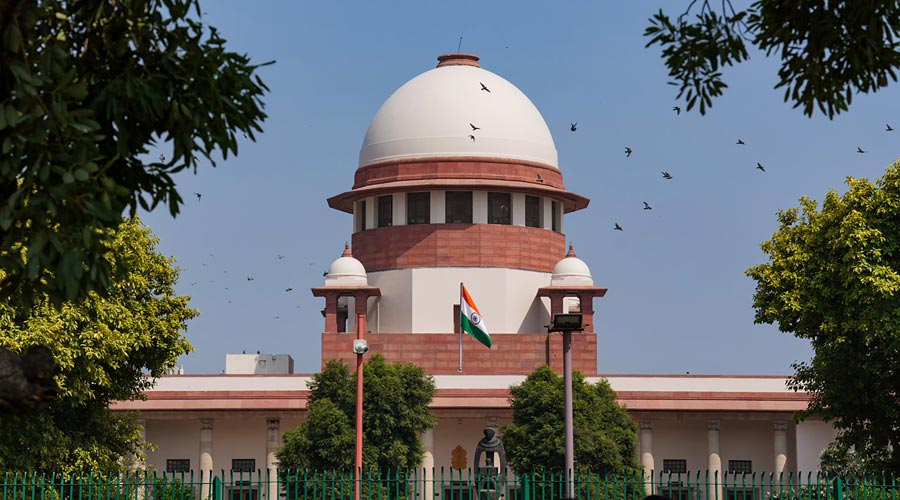The Supreme Court in the case Drakshayanamma and ors vs Girish and ors observed and has cautioned against filing of bulky synopses in matters.
The Apex Court in the case was hearing the Special Leave Petition against an order of the Karnataka High Court.
The Supreme Court in the case observed and has expressed its disappointment that the order passed by the High Court was being challenged only consisted of 6 pages, while the synopsis of the SLP was more than 60 pages.
It has also been noted by the Apex Court that the order of the trial court that was challenged before the High Court contained only 10 pages.
The Division bench comprising of Justice Abhay S Oka and Justice Pankaj Mithal in the case observed and has stated that such voluminous pleadings must be avoided:
The court in its order stated that this court must record that the plaint runs into 10 pages, the order of the Trial Court runs into 10 pages and the impugned order of the High Court has 6 pages.
Further, there are more than 60 pages of synopsis and 27 pages of the SLP, thus, such a bulky synopsis ought to be avoided.
Therefore, the application is filed by the defendants in the suit for the rejection of plaint under Order 7 Rule 11 of the Code of Civil Procedure, 1908 on the ground of limitation. Thus, the Trial Court in the case observed and has rejected the application wherein it challenged in the High Court.
The High Court in the matter refused to interfere with the order of the court below holding that it being the well settled law that the plaint cannot be rejected or the suit cannot be dismissed as barred by limitation without proper pleadings, the framing of issue on limitation and taking evidence, for question of limitation is a mixed question of fact and law and on ex-facie reading of the plaint it cannot be held that the suit is barred by time
The Apex Court in the case observed and has dismissed the SLP while affirming the order passed by the High Court.
The Supreme Court in the case stated that the Trial Court has already framed the issue of limitation. Thus, after having perused the plaint, this court agree with the High Court that this was not a case where the plaint could have been rejected on the ground of bar
of limitation.

















